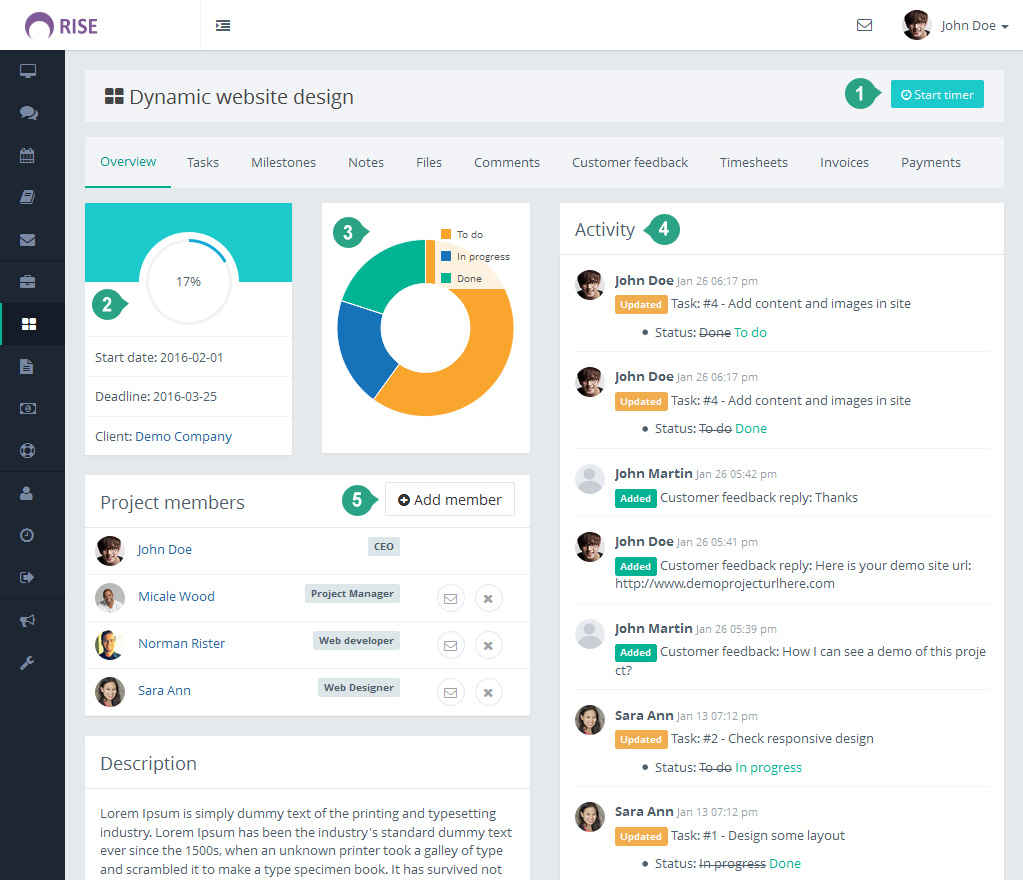6 Hiring Mistakes No Company Should Be Making
Companies make hiring mistakes all the time. After all, the people who own, lead, and work for them are human.
Nonetheless, there are hiring errors that companies should not still be making in 2022. Technology, access to information, even social media have made yesterday’s mistakes today’s fateful follies. There are no valid reasons for some errors in the current business landscape.
Those responsible for making recruitment and hiring decisions in your company should sit up and take notice. Here are six mistakes you shouldn’t be making in 2022.
1 Compliance Gaffes
Companies should no longer be making mistakes with compliance issues, even those who have global employees. There certainly is plenty of financial incentive not to. Compliance failures, legal issues, and employee misclassification can cost companies a considerable amount in penalties, fines, and fees.
It’s a more intelligent move to instead put that money into products and services that make compliance virtually automatic. If you do, a 1099 employee will get an accurate and timely 1099-NEC. Employees who aren’t contractors will be on the standard payroll, which is where they should be.
Global payroll solutions, recruitment, and employers of record can do the heavy compliance lifting at home and abroad. They take care of taxes, benefits, and withholdings from the first day of work through severance. All you need to do is put your money where your compliance mouth is.
2 Dicey Due Diligence
It’s tough to find good employees right now. Pandemic lockdowns, remote work, and global unrest have caused a lot of workers to reassess their priorities. The race for top talent is highly competitive.
That is still no excuse not to do your due diligence when considering new hires. Background checks, front-door, and back-door reference checks, and verification of education, certifications, and training may seem overwhelming. Invest in agencies who will do it for you if necessary, but don’t skip the process.
Companies waste a significant sum of money on poorly suited and unqualified hires who don’t stay long. Do the hard work it takes to find the right employee, not just a warm body. If employees are the face of your business, make it your business to hire the best.
3 Epic Accommodation Fails
The pandemic irrevocably altered the workplace. Employers and employees discovered they could produce great work without setting foot in the office. Many of them like it that way.
If you can hire a great employee, don’t lose them because they ask for something atypical. For example, it’s a rookie mistake in a post-pandemic world to veto remote or hybrid work arrangements. Family, health, and safety motivate great talent as much as — or even more than — a big paycheck these days.
Failing to accommodate reasonable requests from good hires is always a bad idea. In light of the dwindling recruitment pool, it’s a deplorable decision in 2022. A little accommodation may be the bait you need to reel in a big fish from a coy pond.
4 Neglecting the Onboarding
The importance of onboarding new hires is evident in the statistics. The best new employees may leave within six months if a company’s onboarding process is poor. The cost of turnover for even an employee making minimum wage conservatively exceeds $5,000.
Successful onboarding doesn’t just involve an office tour and completion of a W-4. The process should acclimate the new hire to both their job and the workplace social environment. Employees engaged from the beginning will likely stay around longer than those who aren’t.
There is a multitude of free resources available online about designing and executing great onboarding programs. There are also hundreds of companies willing to help for a fee. However, you choose to tackle the issue, make sure you mind your step and climb aboard.
5 Deficiently Defining Roles
A standard job description is insufficient for defining a new hire’s roles and responsibilities. It fails to communicate where they fit in the company’s overall structure. It doesn’t address the importance of what they do and how they do it.
Without the benefit of knowing their role, most employees will flounder. Or they will try to create their own, contrary to what the position was intended to be. That can be highly disruptive to managers and produce unhealthy competition among co-workers.
Your failure to clearly define roles and responsibilities and train new employees for them sets them up for failure in turn. Two losses don’t ever make a success, so don’t make that mistake. You should know what shoes you hired them to fill, so make sure they do, too.
6 Forgoing Feedback
One of the best ways companies can improve their hiring process is to listen to the people involved in it. Not soliciting feedback is a no-no in a world rife with communications technology and free online survey tools. You will continue to make errors that impair your ability to recruit and hire great talent.
Don’t make the mistake of asking only those you onboard for feedback on your hiring process. The applicants you don’t hire or those who turned down a job offer may have the best insights of all. If their feedback makes you squirm a little, you should adjust your process.
So dare to embrace feedback. Asking for it might give disgruntled applicants an outlet other than social media to express their opinions. And you might end up with a far better way to hire and retain great employees.
It’s impossible to hire the right employee every single time you have an opening. However, if you can avoid making some avoidable errors, you might find them more often than not. As companies regroup for 2022, that may be the most important thing you can do.













